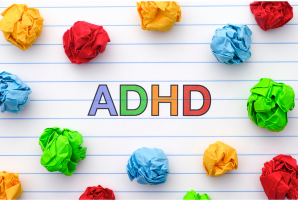Good quality sleep is essential for our wellbeing, protecting our physical and mental health. Humans have evolved to be active during the day and sleep at night, but modern life means that’s not always possible. Lots of people suffer poor sleep; New parents, shift and night workers. Everyone, from children to older adults, can benefit from adopting good habits to improve their sleep.
There is a plethora of studies and conflicting opinions about the holy grail of good quality sleep. Sleep experts offer guidance involving a variety of different practices to achieve refreshing sleep and full awake time alertness. Here are some of the most common:
- Stick to a sleep schedule, having the same bed and wake-up time, even at the weekends, can help to regulate our circadian rhythm, the internal body clock, which can help you fall asleep more easily and stay asleep for the whole night.
- Your bedroom temperature should be low, around 18C and free from any light, consider using blackout curtains, eyeshades if you wake early due to light seeping in.
- Eliminate distractions and noise, earplugs or a white noise App/machine might be helpful if it’s a partners’ snoring that’s affecting your sleep.
- Make sure your mattress is both supportive and comfortable and hasn’t exceeded the manufacturer’s life expectancy, which is usually 8 to 10 years. If you use pillows, do they offer enough neck support
- Avoid eating a large meal too close to bedtime. Alcohol, caffeine, and cigarettes can also disrupt sleep.
- Exposing yourself to daylight in the morning and avoiding bright lights in the evening will keep your circadian rhythms, the internal body clock in balance.
- Some sleep experts say people should avoid daytime napping, especially in the late afternoon as this can further disrupt nighttime sleep. However, other experts prescribe naps to some people. It’s confusing so seek advice.
- Exercise daily; any activity good, just not too vigorous late in the evening as this may be at the expense of your rest.
- Our mind and body need time to shift into sleep mode, so planning an evening wind-down can be beneficial. For example; spending the last hour before bedtime doing a calming activity such as reading, or listening to relaxing music can aid a restful night.
- One of the other consequences of not sleeping well can anxiety or stress, and these conditions can make it harder to fall or remain asleep. A distressing cycle can result, but don’t despair as adopting a relaxing bedtime ritual away from bright lights can be useful and help separate activity, rest and sleep.
There is nothing better than a good night’s sleep and waking up refreshed, with mental clarity ready for the challenges of the day ahead. Happy days and restful night!
Ref: https://sleepfoundation.org/sleep-tools-tips/healthy-sleep-tips







